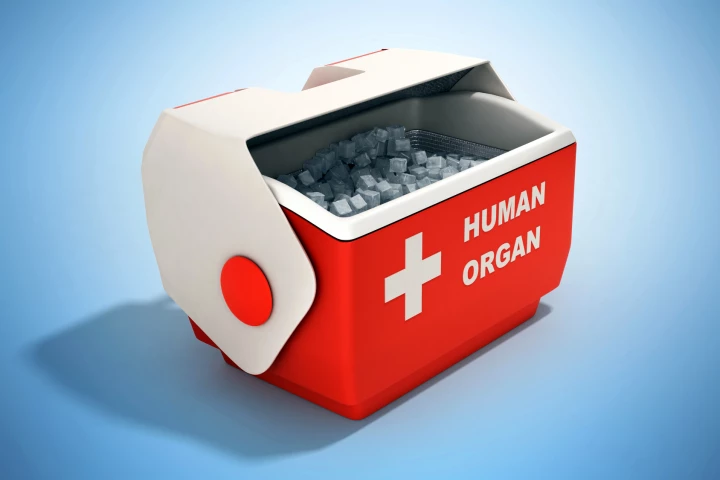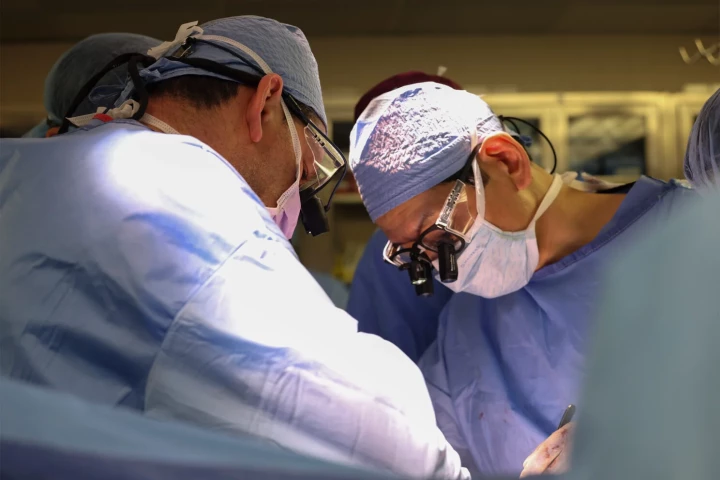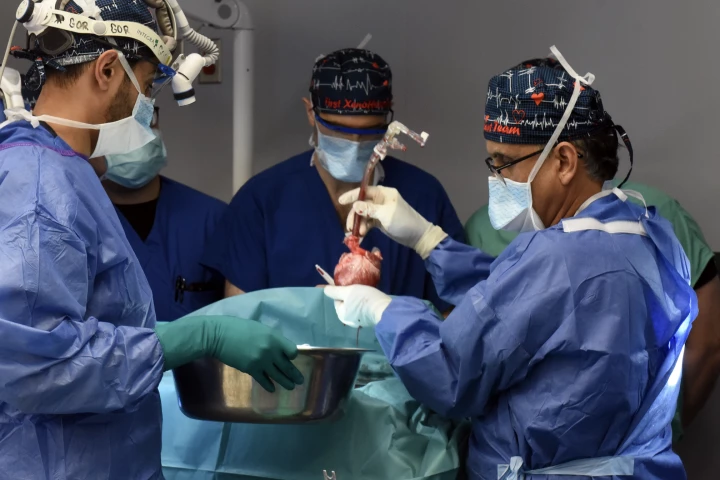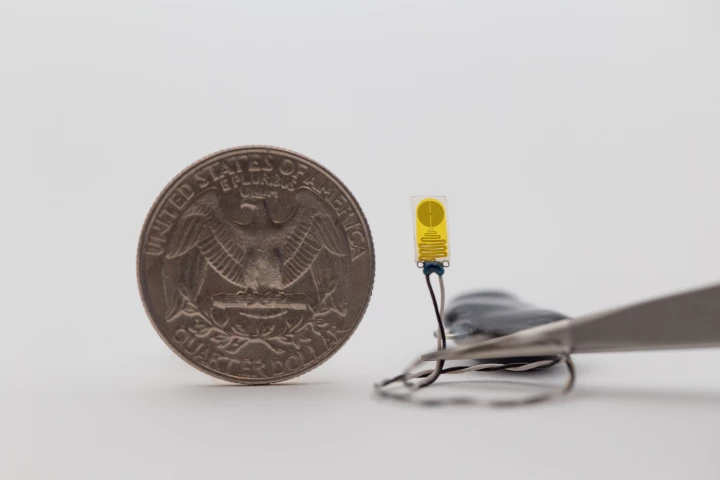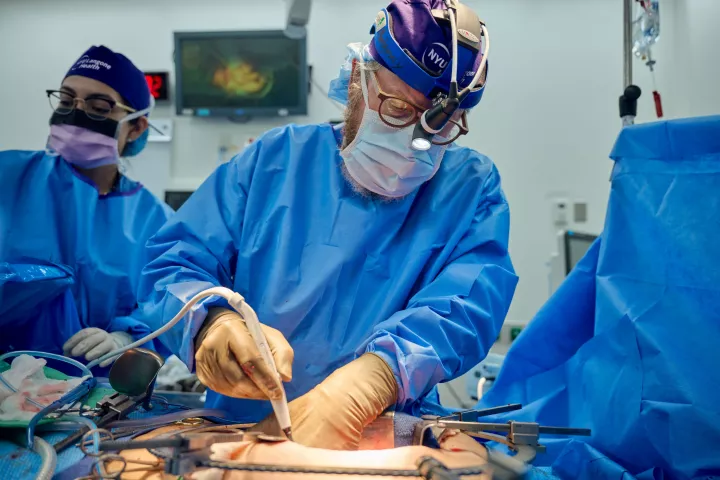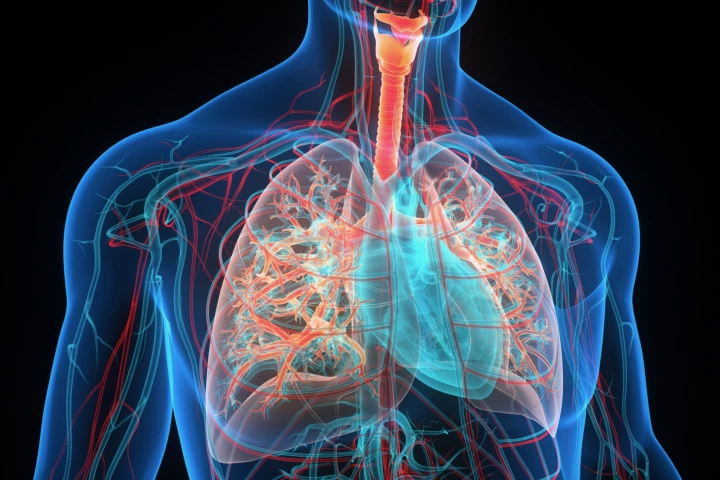Organ donation
-
A new two-step process that safely rewarms frozen tissues using nanoscale magnetic rods could preserve donor organs long-term. The procedure provides an alternative to current time-limited methods and paves the way for more life-saving transplantations.
-
For the first time, the fully mechanical heart made by BiVACOR, which uses the same technology as high-speed rail lines, has been implanted inside a human being. The feat marks a major step in keeping people alive as they wait for heart transplants.
-
A genetically edited pig kidney has been successfully transplanted into a living patient for the first time. Reports indicate the man is doing well a few weeks on, raising hopes for a wider pool of donated organs in future.
-
Organ transplants save lives, but rejection is a key hurdle. Now scientists have demonstrated a potential new way to prime a recipient’s immune system to accept a transplanted organ, by first giving them an infusion of immune cells from the donor.
-
A 58-year-old man with terminal heart disease has become the second patient to receive a pig's heart, in a complicated, high-risk xenotransplant. The first recipient died last year from complications, two months after the landmark world-first surgery.
-
Scientists from Northwestern University have successfully created a device, tested on mice, that can detect warning signs of kidney rejection up to three weeks before current monitoring methods.
-
In another encouraging step toward relieving transplant organ shortages, surgeons at NYU Langone Health have kept a genetically engineered pig kidney alive and fully functioning inside a brain-dead patient for over a month for the first time.
-
Scientists have demonstrated that genetically edited pig kidneys transplanted into a human can continue to function for at least a week, with no sign of rejection. The breakthrough case study could help reduce organ waitlists and resulting deaths.
-
Scientists have performed the first successful transplant of an organ that had been cryogenically frozen and rewarmed. Rats that were given transplants of kidneys preserved through a new technique regained regular organ function within weeks.
-
The standard for storing lungs for transplant procedures has been to pack them in ice in coolers and rush them to the surgery site. But researchers have found that a warmer temperature can dramatically improve the time during which they stay viable.
-
Unfortunately donated organs don’t last long in storage. But now scientists have demonstrated that an existing drug can reprogram donor hearts to last much longer outside the body, and reduce their risk of failure after transplantation.
-
A new experimental treatment could help treat end-stage liver disease – by growing tiny new livers elsewhere in the patient’s bodies. The technique, pioneered by cell therapy company LyGenesis, is due to begin human clinical trials within weeks.
Load More
